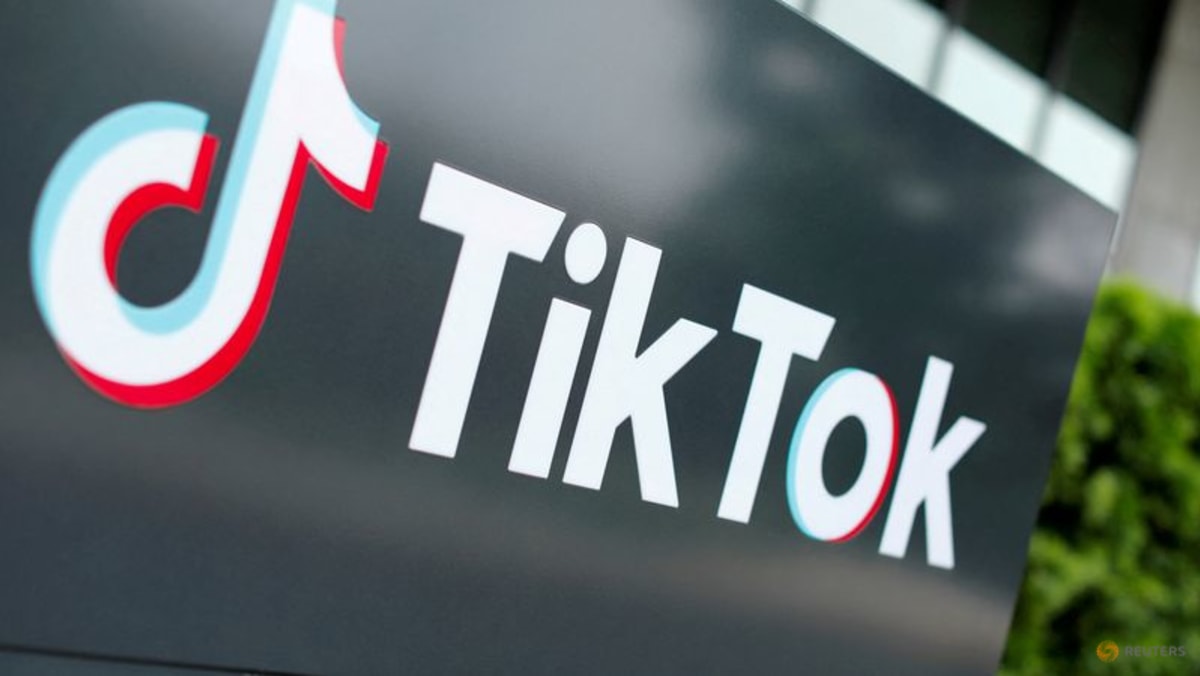
SINGAPORE: TikTok is only allowed to be used by public officers on government-issued devices on a "need-to basis", the Singapore government said on Thursday (Mar 16).
“Government-issued devices are meant for work and there are clear rules stipulating that only approved apps should be downloaded on such devices,” said a spokesperson for the Smart Nation and Digital Government Group (SNDGG).
“Currently, TikTok is only allowed for use by public officers on a need-to basis, such as for communications officers.”
The SNDGG, which comprises the Smart Nation and Digital Government Office and the Government Technology Agency, oversees the digital transformation of the government and the country's key Smart Nation projects.
Government-issued devices have security configurations to safeguard data, while public officers are regularly reminded to only download approved apps, it added in a reply to CNA’s queries about the recent security and privacy concerns over TikTok.
Some Singapore politicians are using the app, including Deputy Prime Minister Lawrence Wong, Health Minister Ong Ye Kung and Speaker of Parliament Tan Chuan-Jin, who each have thousands of followers on the platform. CNA has contacted them about the security concerns regarding the platform.
SECURITY CONCERNS
The popular video app has come under increasing scrutiny, with the United States, Canada, Belgium and several EU bodies among those that have banned the app from government devices.
Britain announced on Thursday that it would ban TikTok on government phones with immediate effect.
TikTok is owned by Beijing-headquartered internet company ByteDance. The bans underscore mounting concerns that the app’s user data could end up in the hands of the Chinese government, undermining Western security interests.
The concerns raised are not new.
The app, with more than 1 billion users worldwide, was caught in the crosshairs in 2020 when then-US president Donald Trump dubbed it a national security threat and attempted to block new user downloads in the US. TikTok has denied that it is a threat to US national security.
Like many other social media apps, Tiktok collects significant amounts of user data, including birthdays, email addresses and phone numbers, as well as tracks users’ likes, shares and search history.
But some experts said there are elements that are more unique to the app.
Dr Kevin Curran, professor of cybersecurity at Ulster University, pointed to the platform’s in-app browser, which "could potentially be collecting passwords and usernames typed in and tracking activity on the in-app browser".
TikTok’s privacy policy page states that the browsing history of the in-app browser is collected to “help make platform improvements, such as optimising page load times and ad measurement”.
https://news.google.com/rss/articles/CBMicmh0dHBzOi8vd3d3LmNoYW5uZWxuZXdzYXNpYS5jb20vc2luZ2Fwb3JlL3Rpa3Rvay1zaW5nYXBvcmUtZ292ZXJubWVudC1kZXZpY2VzLW5lZWQtYmFzaXMtc2VjdXJpdHktY29uY2VybnMtMzM1MTA4MdIBAA?oc=5
2023-03-17 07:28:00Z
1830973009
Tidak ada komentar:
Posting Komentar